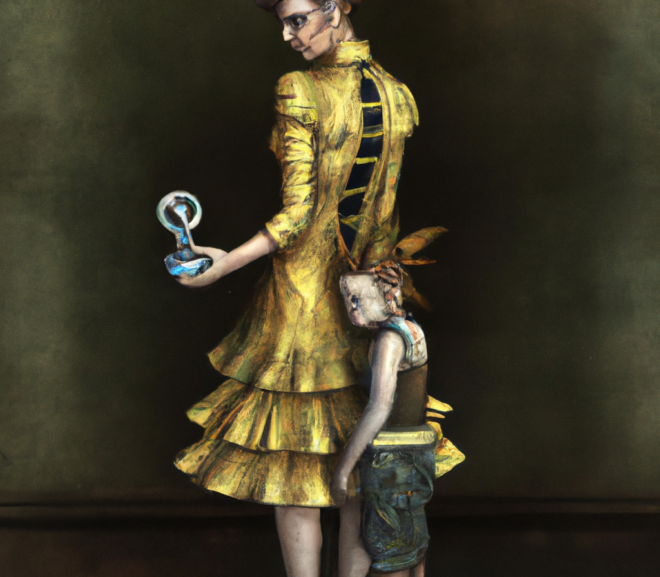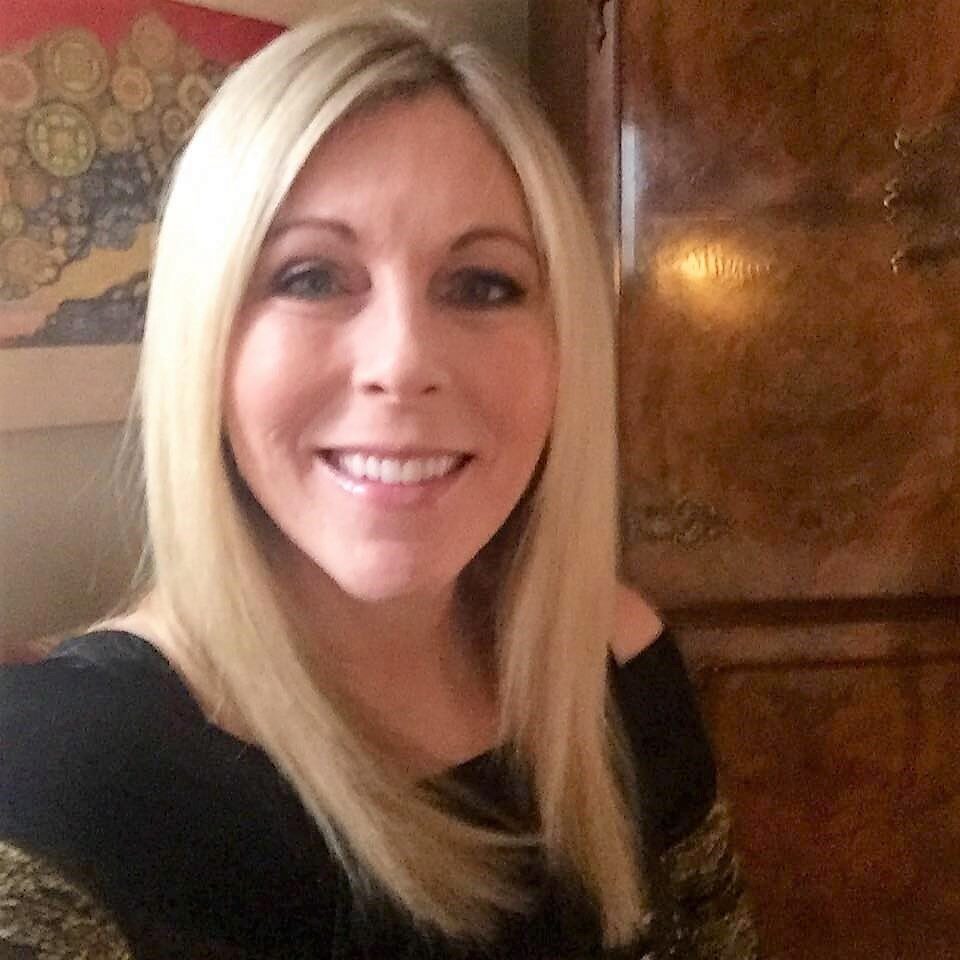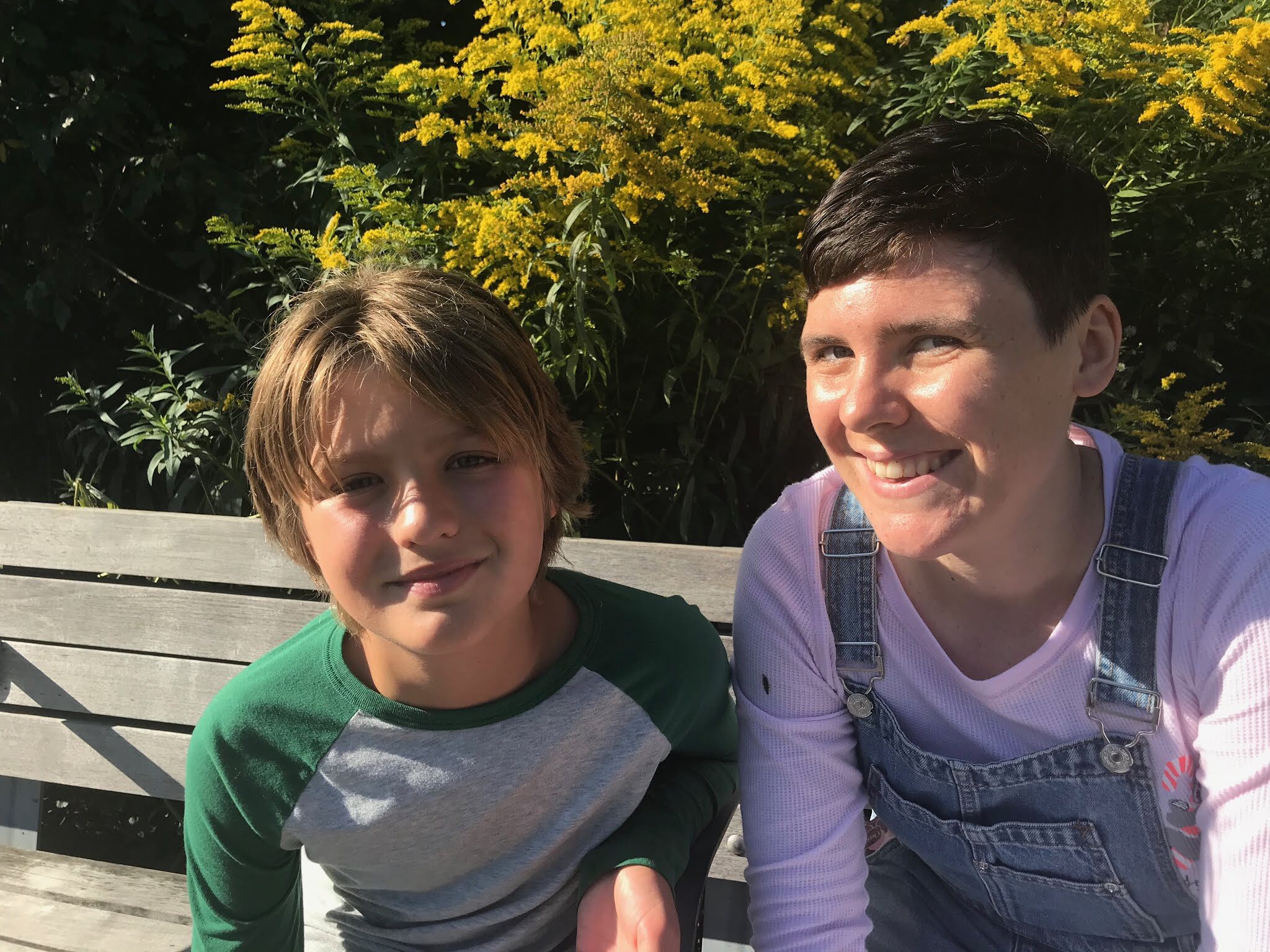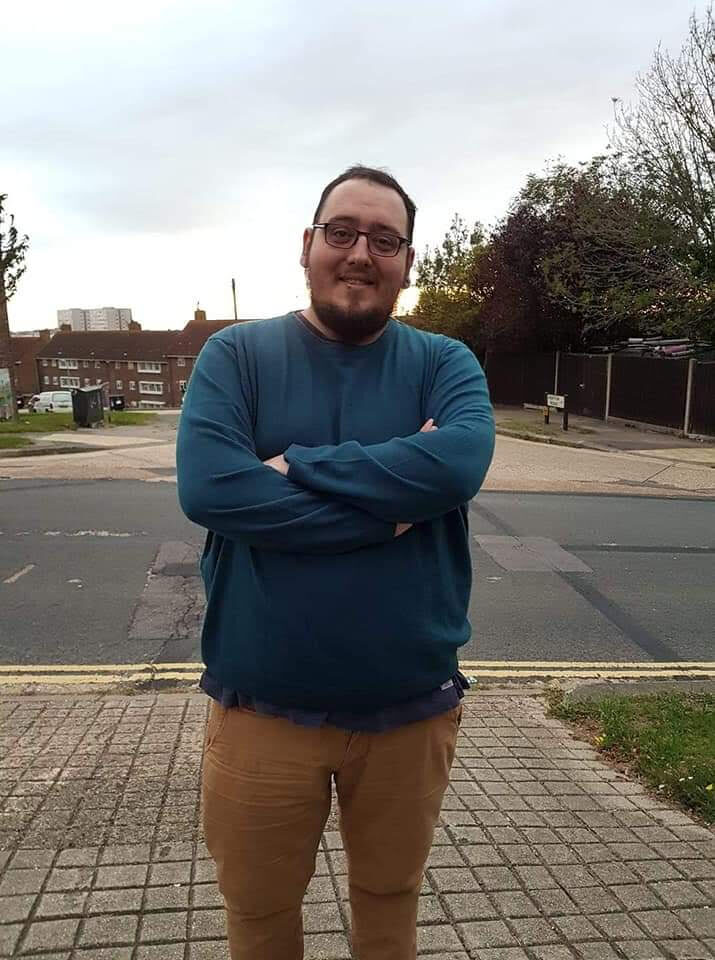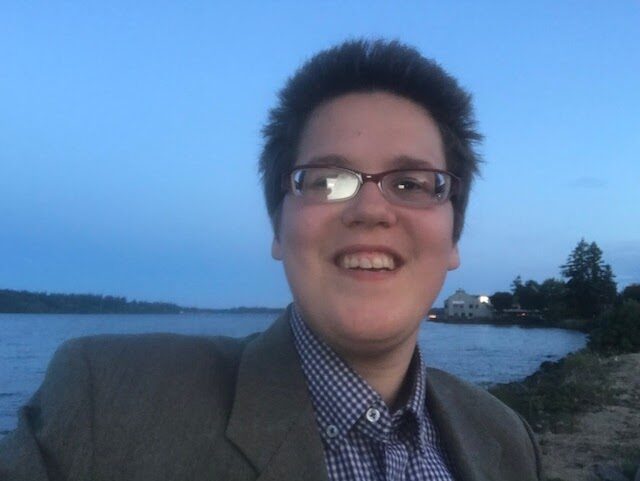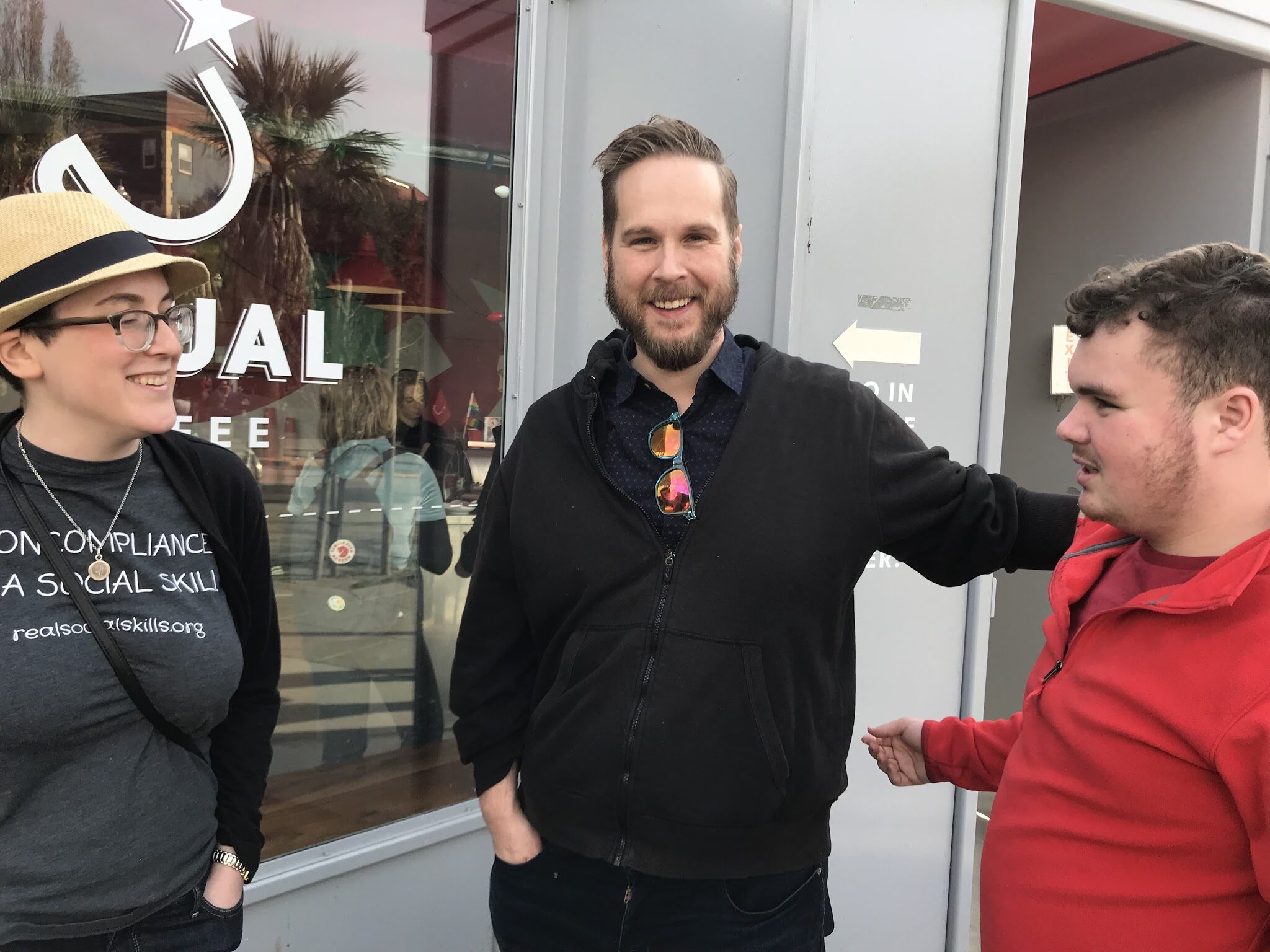We spoke with autistic academics Richard Woods, Kathryn Williams, and C.A. Watts about their recently published letter explaining why “profound autism” bungles the support needs of autistic people with co-occurring conditions, and will endanger autistic lives.
Tag: self-advocacy
We spoke with writer, public speaker, and autism self-advocate Gyasi Burks-Abbott about growing up Black and autistic in a much less autism-aware era, and how he was able to thrive thanks to the guidance of his intuitive and supportive mother.
We spoke with autistic advocate and autism pseudoscience watchdog Anne Borden King about the continued proliferation of questionable and outright fraudulent “treatments” for autism.
Learning to advocate for myself, after learning late in life I was autistic, has given me the strength, self-awareness, and tools to stand up for myself after I was suddenly deposited back on the breast cancer treadmill.
After your loved one receives a diagnosis of Autism, people may bombard you with (possibly unsolicited) advice for next steps. One such step you may actually want to consider is to seek the services of a Speech-Language Pathologist (SLP).
“I think we all need people in our lives who share our identities”: The Power of Autistic Mentorship
Autistic mentorship means “I do my best to sift through the parents’ wishes and the child’s wishes and move forward in a way the respects the child’s autonomy while also reframing the issue the parent has presented.”
David Gray-Hammond, photo courtesy author [image: A white man with short brown hair, a beard, and glasses. He is wearing a teal shirt and light brown pants.] David Gray-Hammond @emgntdivergence Developing skills in self-advocacy can often seem confusing and frustrating. It requires us to be aware of our needs in a detailed way, while also being able to communicate them in a world that so often seeks to silence us. I have always argued that self-acceptance is the first step to self-advocacy, but in order to accept ourselves, we must first know ourselves. When I found the autistic community, I found thousands of people who understood my experience in a way that others simply could not. It was in this understanding that they taught me the vocabulary that I needed to describe my strengths and struggles (in fact, I did not even know the words to describe my most basic…
Some organizations say they want to focus on people with intellectual disabilities, but they ignore the self advocacy movement and autistic people with ID like me. We don’t want institutions! We don’t want segregation, we want freedom and autonomy and support in the community! They just need to see what the ID community has been asking for!
When people generally said to be incapable of communication find ways of making clear what they do and don’t want through means other than words, this is self-advocacy.
From its inception, not only did the neurodiversity movement’s values include the most significantly disabled, but those individuals themselves were among our earliest pioneers.
